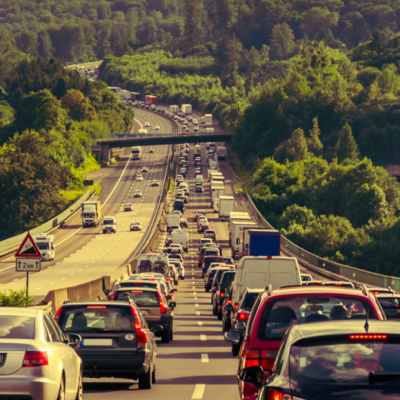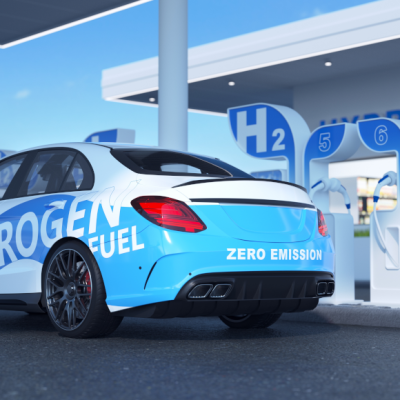The transport sector in Germany has failed to reduce its CO2 emissions since 1990, making it the only industry to do so. To combat this, the German Environment Agency (UBA) has recommended a comprehensive package of measures, including higher petrol and diesel prices, the end of commuter tax breaks, a general speed limit, and a car toll. The UBA has suggested that the CO2 price should be at least double the current rate, with a social compensation scheme to offset the resulting increase in fuel prices. The UBA President, Dirk Messner, has stated that “without massive efforts, it will not be possible to achieve climate protection goals in the transport sector.”
The German government’s Climate Protection Plan aims to reduce CO2 emissions in the transport sector by 40% by 2030 compared to 1990 levels. The UBA has recommended a range of measures to achieve these ambitious targets, including a significantly higher CO2 price. The UBA has suggested that the current fuel prices do not reflect the ecological truth and that it is necessary to increase the CO2 price further. The UBA has also recommended a social compensation scheme to offset the resulting increase in fuel prices. The UBA has suggested that the government should use the additional revenue from the CO2 pricing to significantly reduce the EEG levy and promote climate-friendly propulsion technologies.
The UBA has recommended a range of measures to reduce CO2 emissions in the transport sector, including a general speed limit of 120 km/h on all motorways, a car toll for all roads from 2030, and the abolition of commuter tax breaks from 2027. The UBA has also suggested that the diesel tax break should be phased out from 2023. The UBA has called for additional investments in the expansion of cycling and pedestrian infrastructure and public transport to achieve climate neutrality by 2045.










